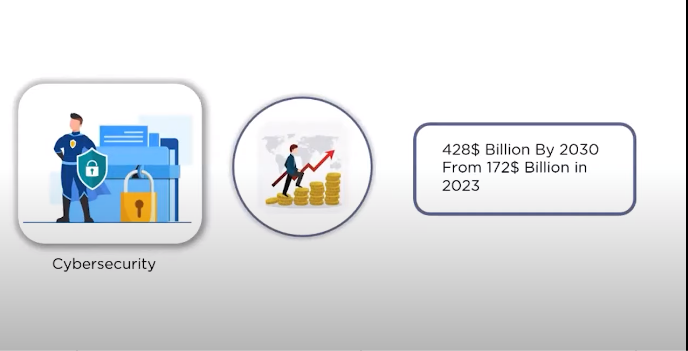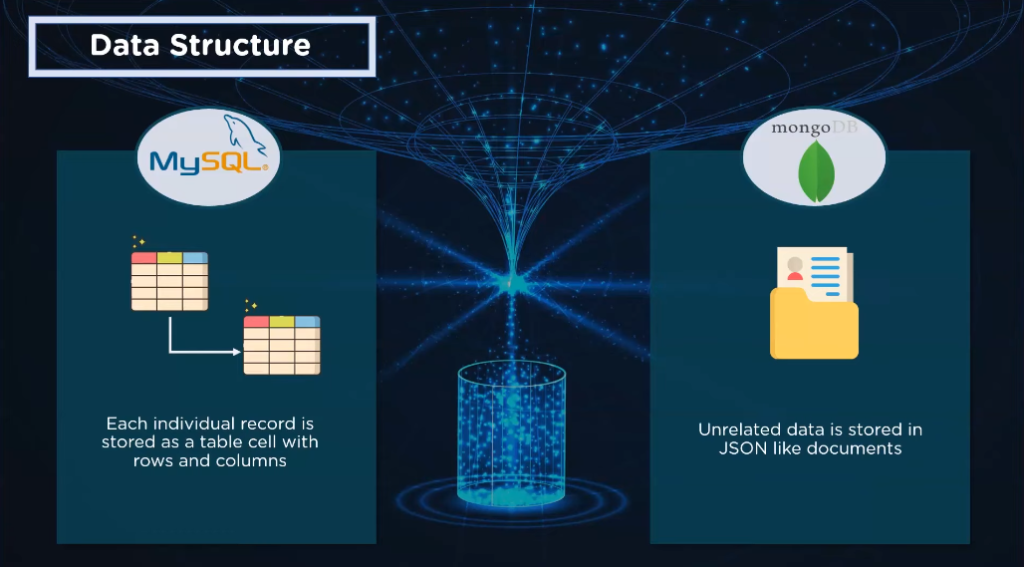Evolving Landscape of Cybersecurity and Data Science

The field of cybersecurity and data science is rapidly evolving as technology advances and cyber threats become more sophisticated. With the increasing amount of data being generated and stored, there is a growing need for professionals who can analyze, interpret, and protect this valuable information. Data science plays a crucial role in cybersecurity by using advanced analytics to detect and prevent cyber-attacks. By analyzing large amounts of data, data scientists can identify patterns and anomalies that may indicate a security breach.
Understanding The Cyber Security Expert
A cyber security expert is a professional who specializes in protecting computer systems, networks, and sensitive information from unauthorized access, theft, and damage. They use a combination of technical skills, knowledge of security protocols, and experience to identify vulnerabilities and implement protective measures. Cyber security experts may work for government agencies, corporations, or consulting firms, and their job responsibilities may include risk assessment, security testing, incident response, and policy development.
Required Skills And Expertise
To become a cyber security expert, one must possess a range of technical skills and expertise. These include:
1. Knowledge of programming languages such as C++, Java, and Python.
2. Understanding of operating systems such as Windows, Linux, and macOS.
3. Familiarity with network protocols and infrastructure, including TCP/IP, DNS, and firewalls.
4. Knowledge of security tools and technologies, such as intrusion detection systems (IDS), firewalls, and antivirus software.
Challenges And Opportunities in the Field
1. Rapidly evolving threats: Security experts need to keep up with the latest threats and vulnerabilities to stay ahead of cybercriminals.
2. Increased complexity: As technology advances, so do the number of devices and systems that need to be secured, making the job of a security expert more complex.
Definition and Core Responsibilities of Data Scientist
A data scientist is a professional who uses scientific methods, algorithms, and statistical models to extract insights and knowledge from data. Their core responsibilities include:1. Data collection and analysis: Data scientists collect and analyze large amounts of data from various sources to identify patterns and trends.
2. Developing models: They develop mathematical models and algorithms to help businesses make data-driven decisions.
3. Data visualization: Data scientists use data visualization tools to present data in an easy-to-understand format.
Essential Skills And Knowledge
To be a successful data scientist, one must possess a combination of technical and soft skills. Some essential technical skills include proficiency in programming languages such as Python, R, and SQL, knowledge of machine learning algorithms and statistical analysis, and experience with data visualization tools such as Tableau and Power BI. Soft skills such as critical thinking, problem-solving, communication, and collaboration are also crucial for a data scientist to effectively communicate insights and work with cross-functional teams.
Applications And Impact of Data Science
Data science has a wide range of applications across various industries, including healthcare, finance, retail, and marketing. In healthcare, data science is used to analyze patient data and develop personalized treatment plans. In finance, it is used for fraud detection and risk management. In retail, data science is used to analyze customer behaviour and preferences to improve sales and customer experience. In marketing, it is used for targeted advertising and customer segmentation.
Bridging the Gap: Overlapping Skills
Data science requires a combination of technical and business skills. Technical skills include proficiency in programming languages such as Python and R, knowledge of statistical analysis and machine learning algorithms, and experience with big data tools such as Hadoop and Spark. Business skills include communication, problem-solving, and project management. To be successful in data science, professionals need to bridge the gap between technical and business skills.
Shared Skill Set

Here are some additional skills that are often required in data science:
1. Data visualization: the ability to create clear and effective visual representations of data using tools like Tableau, Power BI, or matplotlib.
2. Database management: knowledge of SQL and experience with database systems like MySQL, Oracle, or MongoDB.
3. Data cleaning and preprocessing: the ability to identify and correct errors in data, handle missing values, and transform data into a usable format.
4. Machine learning: understanding of machine learning algorithms and experience with implementing them using tools like scikit-learn or TensorFlow.
5. Statistical analysis: knowledge of statistical concepts and techniques such as hypothesis testing, regression analysis, and Bayesian inference.
6. Programming: proficiency in programming languages like Python, R, or Java.
7. Communication: the ability to effectively communicate complex data insights and findings to both technical and non-technical stakeholders.
Transitioning from Cyber Security to Data Science
Evaluating Transferable Skills

When transitioning from cyber security to data science, it’s important to evaluate your transferable skills. Some skills that may be transferable include:
1. Analytical thinking: the ability to analyze and interpret data, identify patterns, and draw conclusions.
2. Problem-solving: the ability to identify and solve complex problems, which is a key aspect of both cyber security and data science.
3. Attention to detail: the ability to pay close attention to details and ensure accuracy in data analysis.
Expanding Knowledge
Expanding your knowledge is crucial in both cyber security and data science. In cyber security, staying up to date with the latest threats and vulnerabilities is essential to protecting systems and data. In data science, keeping up with new technologies and techniques can help you stay ahead of the competition and make better decisions based on data. Some ways to expand your knowledge include attending conferences, taking courses or certifications, and reading industry publications.
Gaining Practical Experience
In addition to expanding your knowledge, gaining practical experience is also important in both cyber security and data science. This can involve working on real-world projects, participating in internships or apprenticeships, or contributing to open-source projects. Practical experience not only helps you apply your knowledge in real-world scenarios but also allows you to build a portfolio of work that can be used to showcase your skills to potential employers.
FAQs (Frequently Asked Questions)
Can I become a data scientist without prior cybersecurity experience?
Yes, it is possible to become a data scientist without prior cybersecurity experience. While having a background in cybersecurity may be helpful in certain industries or roles, it is not a requirement for becoming a data scientist. However, you will need to have a strong foundation in mathematics, statistics, and programming skills, as well as experience working with data. It is also important to continuously learn and stay up-to-date with the latest tools and techniques in the field.
How long does it typically take to transition from cybersecurity to data science?
The length of time it takes to transition from cybersecurity to data science can vary depending on the individual’s prior knowledge and experience in the required areas. If you already have a strong foundation in mathematics, statistics, and programming, and have experience working with data, the transition may be quicker. However, if you need to develop these skills, it may take longer. It is important to continuously learn and practice to become proficient in data science.
What are some recommended programming languages for data science?
Several programming languages are commonly used in data science. Some of the most popular ones include:1. Python: Python is a versatile language that is widely used in data science due to its simplicity, readability, and a vast collection of libraries and frameworks.
2. R: R is a language specifically designed for statistical computing and graphics. It is widely used in academic research and data analysis.
3. SQL: SQL is a language used for managing and manipulating data in databases.
Are there any specific certifications or courses for this transition?
Yes, there are many certifications and courses available for learning data science and transitioning into a career in the field. Some popular ones include:
1. Certified Data Scientist by the Data Science Council of America (DASCA)
2. IBM Data Science Professional Certificate on Coursera
3. Microsoft Certified: Azure Data Scientist Associate
4. Data Science Certification by Harvard University on edX
5. Data Science Specialization by Johns Hopkins University on Coursera
Conclusion
To succeed in the fields of cyber security and data science, it is important to continuously expand your knowledge and gain practical experience. This can be achieved through various means such as taking courses, attending workshops, participating in internships, and contributing to open-source projects. By doing so, you can stay up-to-date with the latest trends and technologies while also building a strong portfolio that demonstrates your skills to potential employers.
